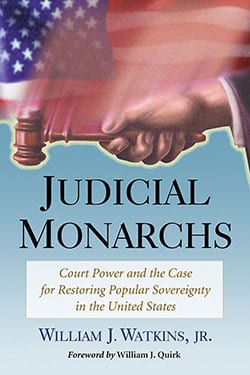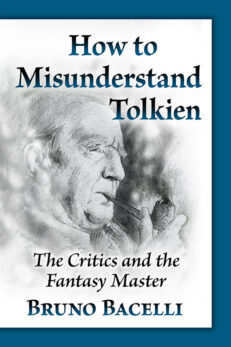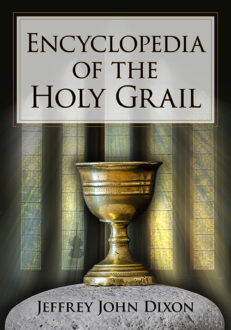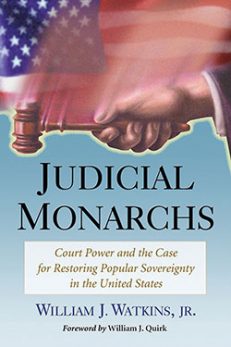Judicial Monarchs
Court Power and the Case for Restoring Popular Sovereignty in the United States
$29.95
In stock
About the Book
Who has the final say on the meaning of the Constitution? From high school to law school, students learn that the framers designed the Supreme Court to be the ultimate arbiter of constitutional issues, a function Chief Justice John Marshall recognized in deciding Marbury v. Madison in 1803.
This provocative work challenges American dogma about the Supreme Court’s role, showing instead that the founding generation understood judicial power not as a counterweight against popular government, but as a consequence, and indeed a support, of popular sovereignty. Contending that court power must be restrained so that policy decisions are left to the people’s elected representatives, this study offers several remedies—including term limits and popular selection of the Supreme Court—to return the American people to their proper place in the constitutional order.
About the Author(s)
Bibliographic Details
William J. Watkins, Jr.
Format: softcover (6 x 9)
Pages: 223
Bibliographic Info: appendices, notes, bibliography, index
Copyright Date: 2012
pISBN: 978-0-7864-6866-9
eISBN: 978-0-7864-8998-5
Imprint: McFarland
Table of Contents
Foreword by William J. Quirk 1
Preface 6
1. The Divinely Anointed Stuarts 9
2. Civil War, Restoration, and Revolution 31
3. Rethinking Sovereignty 55
4. Sovereignty and the Courts 74
5. Jefferson, Marshall, and Marbury 100
6. Curbing the Courts 119
Appendix A: The Agreement of the People, as Presented to the Council of the Army (October 28, 1647) 149
Appendix B: Kamper v. Hawkins (November 16, 1793) 152
Appendix C: Abbreviations Used in the Notes and Bibliography 186
Notes 188
Bibliography 208
Index 214





